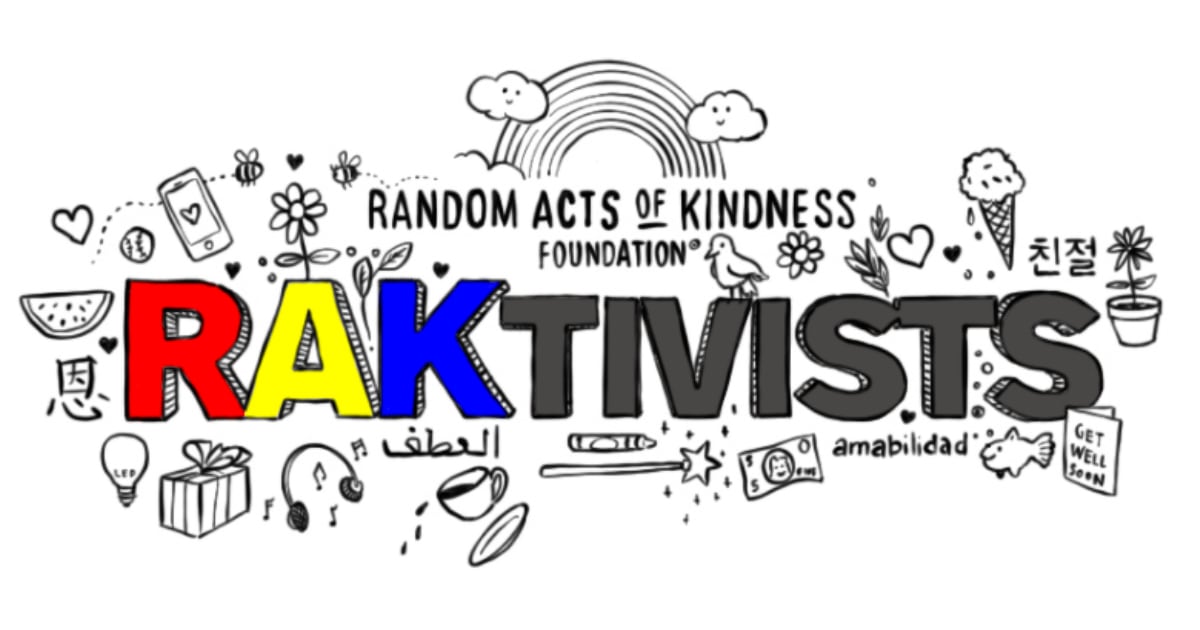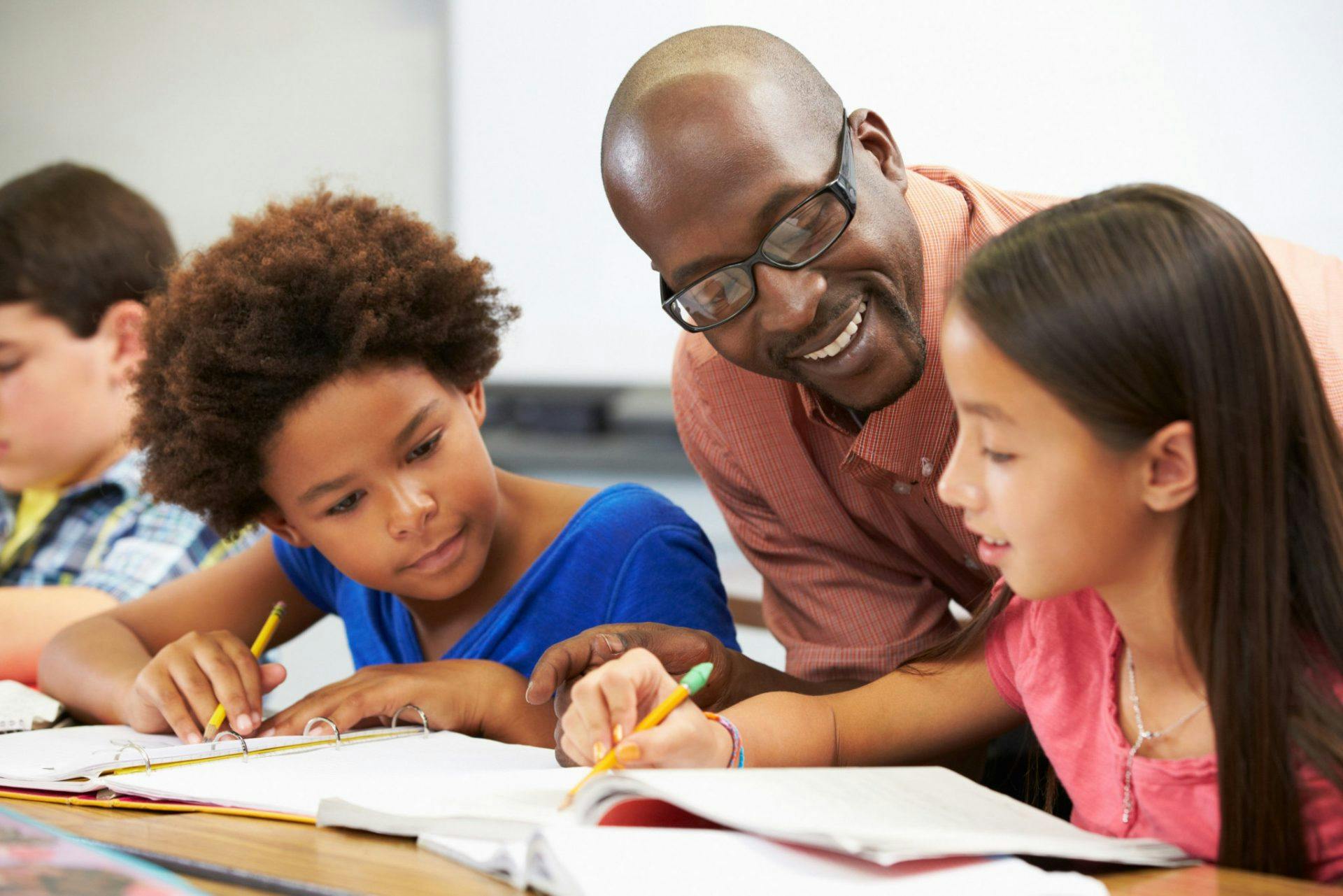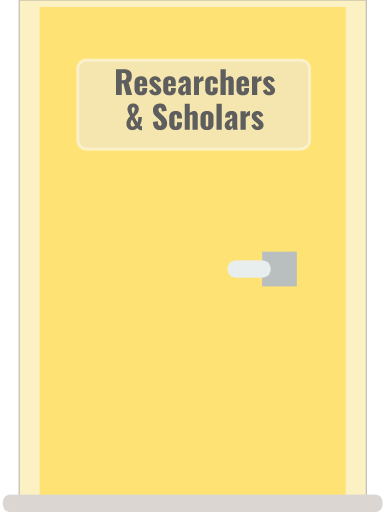
Conflict Resolution Day 2024
Date - October 17, 2024
Use this kit to expand your knowledge about conflict resolution strategies in your school.
What is Conflict Resolution Day?
Conflict Resolution Day was conceived in 2005 by the Association for Conflict Resolution to:
Promote awareness of mediation, arbitration, conciliation and other creative, peaceful means of resolving conflict;
Promote the use of conflict resolution in schools, families, businesses, communities, governments and the legal system;
Recognize the significant contributions of (peaceful) conflict resolvers; and
Obtain national synergy by having celebrations happen across the country and around the world on the same day.
Suggestions to Celebrate Conflict Resolution Day:
Launch a school-wide campaign. Come up with your own slogan or use this suggested slogan: Increase the Peace. Have students share how they solved their own conflicts that day. Have students post these solutions on a bulletin board, on walls, or in their classrooms.
Have students nominate and honor student peacemakers.
Host a peace café to view a film around a topic (i.e. bullying) and conduct facilitated discussions.
Conduct a lunch and learn to address certain types of conflicts in your school and how students can resolve them.
Host a mock mediation to show the student body how peer mediation works.
Host a poster contest on the best conflict resolution slogans.
Adopt a Conflict Day proclamation to be signed by your principal and shared with your school.
Download the Conflict Resolution Day toolkit
Conflict Resolution Day Page
Download - Association for Conflict Resolution's Conflict Resolution Image
Download the kit from ACR for schools for how to implement CR Day!
Yearly Events Tied to Conflict Resolution Day
Conflict Resolution should not end when the month of October is over. There are many opportunities to bring awareness to your school.
January
No Name Calling Week (January 20 - 24, 2025)
High School Activities
http://www.glsen.org/nonamecallingweek/high-school
Middle School Activities
http://www.glsen.org/nonamecallingweek/middle-school
Elementary School Activities
http://www.glsen.org/nonamecallingweek/elementary
February
Dating Violence Awareness
Check out the activities for Dating Violence Resources:
2024-TDVAM-Action-Guide.pdf (loveisrespect.org)
No One Eats Alone (Feb. 14, 2025)
National Programs - Beyond Differences
Random Act of Kindness (Feb. 14 - 20, 2025)
https://www.randomactsofkindness.org/kindness-ideas
March
National Peer Helper Week (March 24 - 28, 2025)
Download the kit from the National Association of Peer Program Professionals (http://www.peerprogramprofessionals.org/index.html).
April
Be Kind Online (Apr. 11, 2025)
National Programs - Beyond Differences
Youth Violence Awareness (April 28 - May 2, 2025)
Go to http://nationalsave.org/what-we-do/save-events/national-youth-violence-prevention-week/ for resources for Youth Violence.
September
World Peace Day (September 21, 2025)
October
Blue Shirt Day (Oct. 2 , 2025)
Know Your Classmates (Oct. 9, 2025)
National Programs - Beyond Differences
Unity Day (Oct. 15, 2025)
http://www.pacer.org/bullying/nbpm/
Conflict Resolution Day (October 16, 2025)
Mix It Up Day (October 23, 2025)
Bullying Prevention Idea: Mix it Up at Lunch | Education World
Ideas and Information
Kindness Ideas for Schools
High School
Stick sticky notes on every locker in your school with something nice written on it like "you're beautiful" or "smile" or "you make a difference".
In schools, cafeteria workers prepare food and clean the trays behind the scenes, but they never get thanked. An idea is to write a sticky note and stick it on the tray. It will surely make the cafeteria worker's day when they see it!
Listen well to classmates sitting around you because if you listen well to somebody else, that person will be happy that you listen to his or her story.
Practice speaking in a kind way. For one day, keep every negative thought, frustration or complaint to yourself and only share your positive comments with others. And every time you do have a negative thought, counter it out loud with a positive one.
For More Kindness Ideas
For more ideas, go to https://www.randomactsofkindness.org/kindness-ideas
Everyone loves having friends. When you introduce yourself to somebody new, they'll feel warm inside too. Share the love, the fun
Elementary School
Set up a peace corner or conflict resolution zone in the classroom.
Students can use it to:
Calm down
Talk out their problems
Write out their thoughts & feelings
Middle School
Set up a conflict free zone where students can talk out their problems. Have these rules available for them to follow. Some rules can include:
Each person should speak one at a time.
No name calling.
Be open to finding a solution.
Healthy Relationships
Why Peer Mediation?
Fast Facts About Conflict in Schools...
35%-60% - amount of time teachers spend dealing with conflict.
3.45 million - number of students suspended out of school in 2011-12.
How can peer mediation help?
According to CREducation...
"School-based peer mediation is one of the most popular and effective approaches to integrating the practice of conflict resolution into schools. From the start of the modern “conflict resolution in education” (CRE) movement in the early 1980’s, peer mediation has been one of its centerpieces."
Peer mediation teaches mediation skills to students so they can help mediate disputes that other students are having — hence the label, “peer mediation.”
Peer mediation encourages students to apply conflict resolution skills when it matters most–when they are in dispute. This sets it apart from other conflict resolution models that lack a formal effort to encourage students to use their skills when they are actually involved in a conflict.
Want to Start a Peer Mediation Program?
Here is what you need to know…
Be aware of the peer mediation standards established by the Association for Conflict Resolution.
Pick a trainer who has experience and training in peer mediation. Trainers should be experienced mediators.
If you will be providing training, choose a curriculum that follows the Association for Conflict Resolution standards.
Know the adequate number of training hours students should receive.
Elementary: 12-18 hours
Middle: 12-18 hours
High: 15-20 hours
Advanced Training:
12 hours/year
Conduct a needs assessment to find out the areas of conflict in your school.
Advertise your program among your staff and students.
Establish peer mediation protocols and how students will access services.
Provide practice for your students. The Online Peer Mediation Platform can provide free simulation practice for your students.
Keep records of mediation services to report your administration.
Conduct an evaluation of mediation training and services.
Click below to check out what is recommended for a Standards Based Peer Mediation Program.
Peer Mediation Simulations from the Online Peer Mediation Platform
State of Mediation
JAMS/NAPPP/OPMP 2nd International Peer Mediation Tournament
About the tournament...
Other Conflict Resolution Practices
Restorative Practices
In lieu of a more punitive approach, students use restorative practices to resolve conflicts and reflect on their behaviors. Conflict resolution is a key aspect of Pearl-Cohn Entertainment Magnet High School’s approach to infractions that previously might have merited in-school suspension. In the school’s restorative circles, counselors guide students to recognize the impact of their behavior on their peers and the school as a whole.
Peer Mediation and Bullying
Teaching Students How to “Stand Up” to Bullying – Christa Tinari
Cyberbullying Toolkit
Common Sense Cyberbullying Toolkit for Educators
Bullying Resources
- Becoming A Problem Solver.pdf
- Bullying Intervention Strategies That Work
- Bully Prevention In PBS.pdf
- A Sample Behavior Rubric for Elementary School: Aggressive Behavior Consequence Rubric.pdf
- Bullying: Time To Think Reflection Sheet For Lower Elementary.doc
- Bullying: Time To Think Reflection Sheet For Upper Elementary.doc
- Bully Think Sheet.doc
- Bullying Think Sheet Image Search
- CPS (Collaborative Problem Solving Technique).doc
- Embedding Bully-Proofing in School-wide PBS – PBIS.ppt
- Self Talk & Bullies.doc
- Think Sheet.doc
- Think Sheet.pdf
- Think Sheet Image Search
- Tips For Problem Solving.doc
- Trash Talk Vs. Real Threat.doc
- Warning Tickets.doc
- Let Kids Fix Own Problems.pdf
- Pre K To Grade 2: Conflict Resolution.pdf
- Grades 3 To 5: Conflict Resolution.pdf
- Teach Students Planned Ignoring
- Highly Recommended Bullying Links
- Bullying Defense Skills Training
- Bullying Advice
- FAQ When Your Child is Being Bullied
- A Call to Stop Bullying
Anti-Bias Education
From Unicef
99-page pdf document developed “to help people resolve interpersonal and inter-group conflict through productive and peaceful strategies, and to teach young people how they can participate in public life. The module is intended for use with youth and young adults in community and school settings in Solomon Islands.” Skill areas include: Understanding rights and responsibilities; Understanding cultural diversity; Restorative justice and reconciliation; Gender relationship skills; Ability to live with change; Leadership qualities Conflict prevention; Traditional definitions of peace; Understand[ing] interdependence between individuals and society and Respect[ing] different cultures.
Practicing_Peace_Youth-Young_Adult_Curriculum_Solomon_Islands.pdf (creducation.net)
Other Conflict Resolution Activities from CREducation
Websites
Campus-adr–Resources for colleges
CASEL – SEL resources
Do Something – Kindness campaigns
E.A.R. (Techniques for learning empathy by Bill Eddy)
National Association of Peer Program Professionals
Pacers – Bully awareness
Peace Alliance – Conflict resolution curricula
SAVE (Students Against Violence Everywhere)
School Tools - Conflict Resolution lessons by Western Justice Center.
Teaching Tolerance – Conflict lessons.
United States Institute of Peace
Videos – Informational and educational videos.
Resources for Educators
Conferences
Association for Conflict Resolution Conference
Safe Schools Conference
Innovative Schools Conference
National Peer Program Conference
Resources from the OPMP Website
Free Peer Mediation Curricula
Elementary School
Peer Mediation Curriculum (Good Shepherd)
Peer Mediation Curriculum (Maine)
Middle School
Peer Mediation Curriculum (Maine)
High School
Peer Mediation Curriculum (Maine)
Although these are free resources, there are many great trainers and mediation centers that provide training!
OPMP Conflict Resolution Modules for Schools
If you have a limited budget, this may be the best place to start....
Module 1: Understanding Conflict
Module 2: Understanding Peer Mediation
Module 3: Understanding Active Listening
Module 4: Perceptions
Module 5: Positions, Interests, and Logistics of Peer Mediation (Arranging the Room)
Module 6: EARRS
Module 7: Understanding Basic Needs
Module 8: Solutions and Ethics in Mediation
Module 9: Managing the Mediation Process
Module 10: Online Peer Mediation Platform




